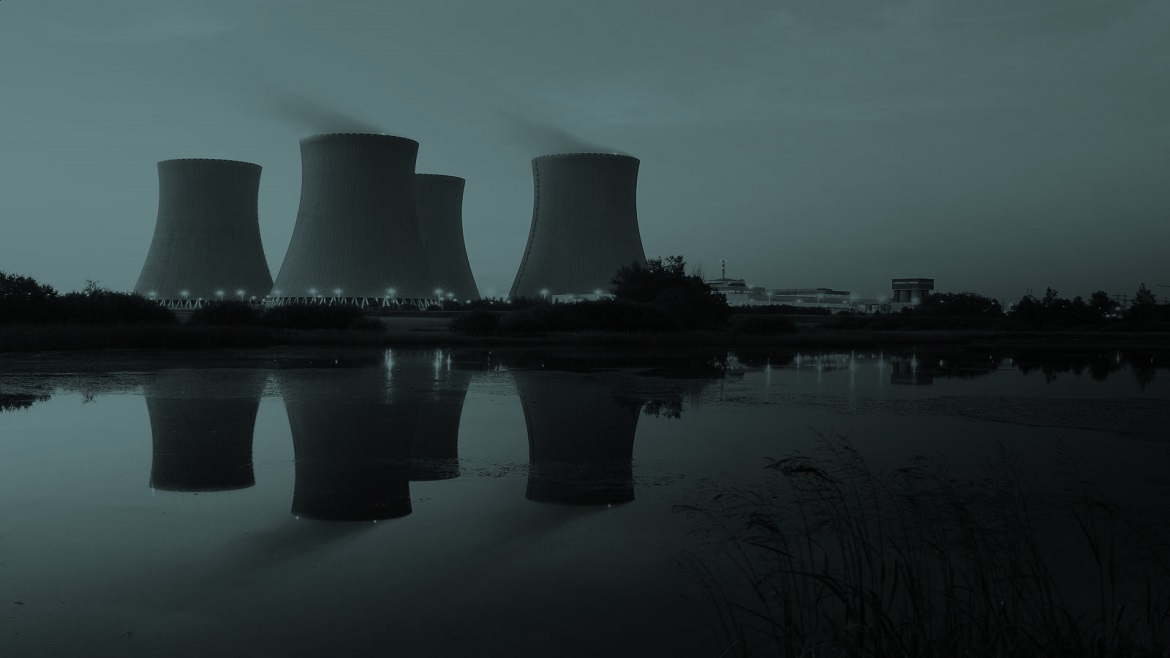The EU has set ambitious, even imposing, goals to combat climate change. The centrepiece of the 2030 framework -- a 40% reduction in greenhouse gas emissions below 1990 levels -- is no small feat. This new emissions target has left some countries reeling and collectively asking: how can we possibly meet these targets?
One option is energy efficiency: getting more out of the energy we use and cutting the amount of energy we waste. When efficiency programmes were introduced in the 1970s, they were mainly structural programmes that encouraged consumers to purchase more efficient appliances and to insulate their homes. But there’s arguably more efficiency potential in behaviour--by taking simple steps such as turning down the thermostat and turning off lights, people can deliver significant energy savings.
McKinsey & Company estimates that 20% of residential energy consumption is currently wasted because of inefficient behaviour. If EU member states captured this 20%, consumers could save more than 320bn euros and reduce emissions by 1.7bn tonnes CO2 – the emissions equivalent of 180 coal-fired power plants for a year.
There are a number of efficiency success stories in Europe. Several EU member states, including Italy, Denmark, France and Germany have made real strides in reducing energy consumption and boosting energy productivity through well-crafted policy development and implementation.
In particular, the Danish economy grew by 39% between 1990 and 2011. While one might expect similar growth in energy consumption, gross energy consumption actually fell by 1%, thanks in large part to strong investments in building and power plant efficiency. Such a reduction demonstrates that energy savings can be attained without slowing economic growth or investing in costly renewables.
Denmark has now taken its pursuit of energy efficiency a step further. In November, the Danish Energy Agency recognised a new measure that will be an important component of its climate change mitigation strategy in the coming years: behavioural energy efficiency. Traditionally it has been virtually impossible to motivate consumers to change their energy use habits, but recent innovations in behavioural science and user-centric design have made it possible to give personalised feedback and advice to utility customers -- through email, mail, or text message -- that motivates them to save energy. Opower's own energy efficiency tools have helped to save in excess of 3.8 terawatt hours globally - enough energy to power all the households in Rome for a year.
Efficiency has been, and will continue to be, a major driver in meeting emissions targets in Europe and around the world. However, energy efficiency and energy-saving targets were noticeably absent from the 2030 framework. While initiatives to improve energy efficiency will be considered in a review of the Energy Efficiency Directive later this year (with the final decision being made at the United Nations in Paris in 2015), it is vital that efficiency be included as a central pillar of the solution if the EU is to meet its climate and energy goals cost-effectively.
The views and opinions expressed in this article are those of the authors and do not necessarily reflect the views of The Economist Intelligence Unit Limited (EIU) or any other member of The Economist Group. The Economist Group (including the EIU) cannot accept any responsibility or liability for reliance by any person on this article or any of the information, opinions or conclusions set out in the article.




